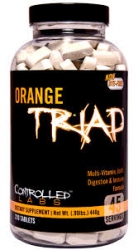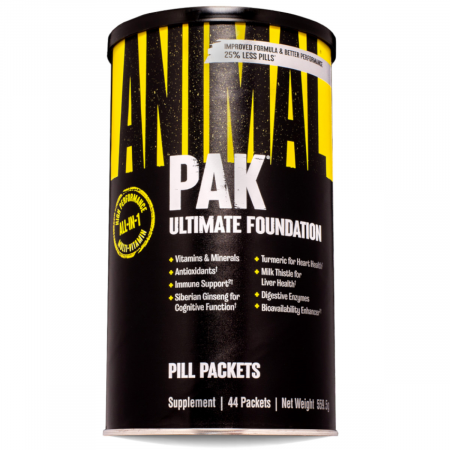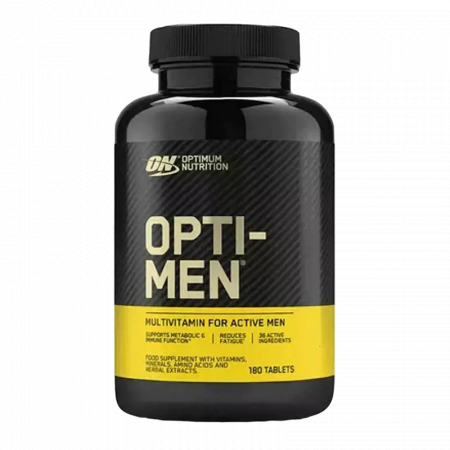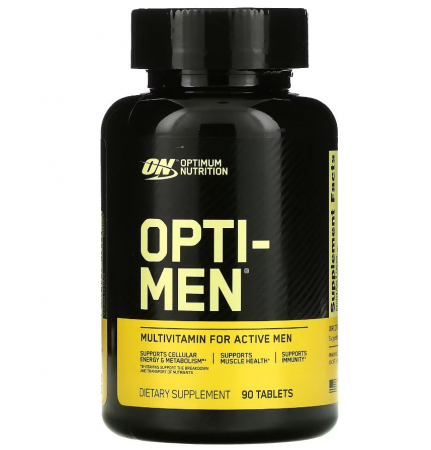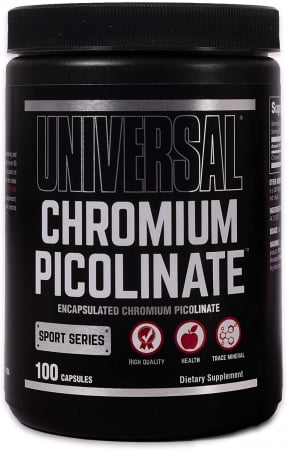- Descriere
- Review-uri (0)
- Supports healthy bones and teeth**
- An essential nutrient that aids in Calcium absorption**
- Helps maintain a healthy immune system**
- Vitamin D3 is a more potent and bioavailable form compared to D2
- Contains a one- to three-month supply of easy-to-swallow softgels
Vitamin D for Immune Health
Vitamin D is a fat-soluble vitamin that can be obtained through the diet or synthesized in the skin upon exposure to sunlight. Vitamin D3, the form of vitamin D formed in the skin, is a potent and active form of the vitamin. Vitamin D2 is a vitamin D analog formed in plants, mushrooms and yeasts during photosynthesis. While vitamin D2 is sometimes used in food fortification, Puritan’s Pride supplements provide the active form.
Vitamin D plays a regulatory role in the growth, differentiation, and proliferation of different types of white blood cells.8** It is important to regulate these processes to maintain immune balance. Think of a thermostat set to 70 degrees.
When the temperature falls below 70 degrees the heat comes on but once the temperature is reached, the heat needs to turn off or else the temperature will continue to rise indefinitely. The same delicate balance is needed for our immune systems to maintain optimal health.
The T and B cells of the adaptive immune system are both regulated by vitamin D.** Many cells of the innate immune response also require vitamin D such as monocytes which need it to mature properly.** Adequate concentrations of vitamin D are also necessary for the synthesis of important proteins with immune-fighting properties.8**
Why Supplement with Vitamin D?
As many as 96% of Americans do not get enough vitamin D from food alone.9
Did you know, Vitamin D is considered a nutrient of public health concern? This is because many Americas are not getting enough vitamin D in their diets and low intakes can affect overall health.
This is partly because natural food sources of vitamin D are limited and not always appealing. They include cod liver oil, liver and some types of fatty fish such as mackerel, salmon, and sardines. In the US, milk but not all dairy products, is fortified with vitamin D. It is important to check the label on products like cheese and yogurt to see if they were made with fortified milk.
The RDA for vitamin D is currently 15-20 mcg/day depending on age.
However, this level was established based on the amount of vitamin D needed to maintain bone health.** Many health experts argue that higher intakes of vitamin D are necessary for overall optimal health. A daily intake of 50 mcg (2,000 IU) is frequently recommended for most healthy adults.12
Unlike most vitamins that can only be obtained from the diet, our bodies produce vitamin D when the skin is exposed to sunlight. When evaluating if sun exposure is enough to meet your daily vitamin D needs, consider the following factors.
AGE
As we age, the skin produces vitamin D less efficiently. Vitamin D absorption may also decrease with age, making vitamin D supplementation especially beneficial for older individuals.
SUNSCREEN
When used as directed, a sunscreen graded SPF-10 will block 90% of UVB radiation reaching the skin.10 UVB radiation is needed to stimulate production of vitamin D.
LOCATION
Residents of northern climates may have inadequate exposure to sunlight in order to produce sufficient vitamin D, especially during the winter months.
CLOTHING
Wearing protective clothing such as hats and long sleeves inhibits the body’s natural production
of vitamin D.
SUN INTENSITY
The stimulation of vitamin D production in skin can depend on the intensity of the sun’s UVB rays. When you are shorter than your shadow, UVB radiation is often not strong enough to produce vitamin D.11 Air pollution and the presence of clouds can also have a major impact on the intensity of UVB radiation that reaches the ground.
Supplement Facts |
|
| Serving Size 1 Softgel | |
| Amount Per Serving | % Daily Value |
| Vitamin D 50 mcg (2,000 IU) 250% | |
| (as D3 Cholecalciferol) | |
Directions: For adults, take one (1) softgel daily, preferably with a meal.
Other Ingredients: Soybean Oil, Gelatin, Vegetable Glycerin, Corn Oil.
WARNING: If you are pregnant, nursing, taking any medications or have any medical condition, consult your doctor before use. Discontinue use and consult your doctor if any adverse reactions occur. Keep out of reach of children. Store at room temperature. Do not use if seal under cap is broken or missing.

![Puritan`s Pride Vitamin D3 2000 IU (50 mcg) 100 softgels [1] Puritan`s Pride Vitamin D3 2000 IU (50 mcg) 100 softgels [1]](https://gomagcdn.ro/domains/proteinemag.ro/files/product/large/puritan-s-pride-vitamin-d3-2000-iu-50-mcg-100-softgels-302700.jpeg)
